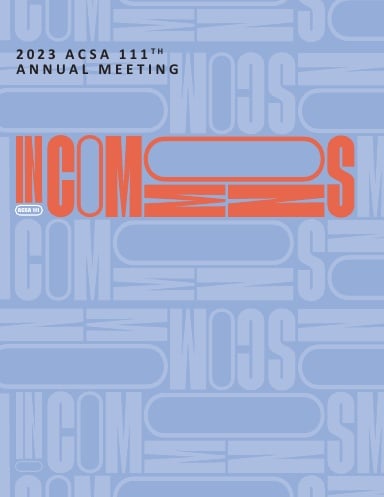Author(s): Brent Sturlaugson
In this paper, I argue that the deconstruction of vacant buildings in historically disinvested neighborhoods can be leveraged to reimagine property and labor relations—and their attendant spatial configurations—toward a more socially just and ecologically viable future. The paper consists of three parts, offering Baltimore as a case study. First, I contextualize vacancy in Baltimore by summarizing the policies and practices that created zones of racialized disinvestment where residents lack access to adequate resources, which renders the private accumulation of capital ineffective in the creation of wealth and power. Second, I argue for a reconceptualization of urban space through systems of collective ownership and cooperative enterprise. Building on the history of Black cooperatives in Baltimore and elsewhere, I highlight the ongoing work of community land trusts and reclaimed material stocks to situate these efforts within a broader context of collective organizing. Third, I offer a framework for rightsizing a prototypical block through targeted deconstruction and material reuse in the creation of a neighborhood commons. To simulate redevelopment and promote agency among affected communities, I describe a boardgame in which players define the rules and control the outcome. And by way of conclusion, I summarize the debut of the game as part of a graduate design studio at Morgan State University, where students tested its range of possible outcomes.
https://doi.org/10.35483/ACSA.AM.111.59
Volume Editors
ISBN
978-1-944214-41-8

 Study Architecture
Study Architecture  ProPEL
ProPEL 
